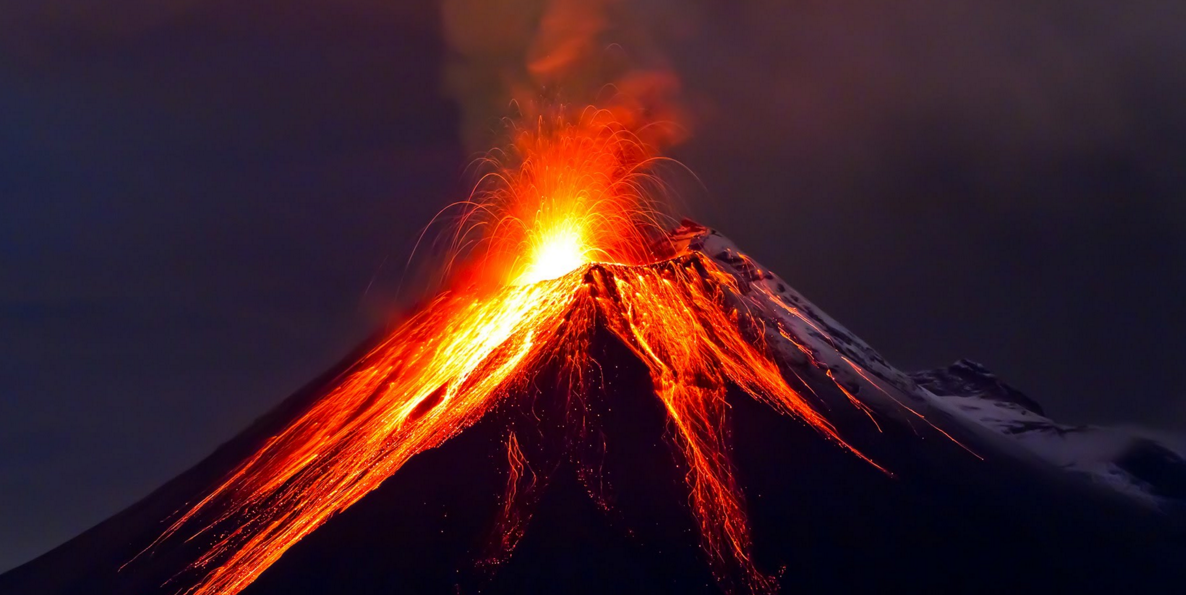Cambridge researchers say smaller eruptions in global "pinch points" could cause domino effects, with devastating results.
RESEARCHERS say that even minor eruptions can cause global damage if they occur in certain locations – and we should be watching out for them.
Volcanoes in Italy, for example, could unleash tsunamis that could devastate underwater cabling – or even seal off the Suez Canal, according to a story of Rob Waugh.
‘Pinch points’
The Cambridge researchers say smaller eruptions in global "pinch points" could cause domino effects, with devastating results.
The researchers found seven such pinch points, where small but active volcanoes sit alongside vital infrastructure.
The researchers identified areas in Taiwan, north Africa, the north Atlantic and the northwestern United States. The report is published today in the journal Nature Communications.
Dr Lara Mani from the University of Cambridge’s Centre for the Study of Existential Risk said: “Even a minor eruption in one of the areas we identify could erupt enough ash or generate large enough tremors to disrupt networks that are central to global supply chains and financial systems.”
“At the moment, calculations are too skewed towards giant explosions or nightmare scenarios, when the more likely risks come from moderate events that disable major international communications, trade networks or transport hubs.
“This is true of earthquakes and extreme weather as well as volcanic eruption.”
More destructive
Mani and colleagues say smaller eruptions ranking up to 6 on the “volcanic explosivity index” – rather than the 7s and 8s people tend to worry about – could easily produce ash clouds, mudflows and landslides that scupper undersea cables, leading to financial market shutdowns, or devastate crop yields, causing food shortages that result in political turmoil.
The team point to a magnitude 4 eruption in 2010 from the Eyjafjallajökull volcano in Iceland, close to the major pinch point of mainland Europe, that saw plumes of ash carried on northwesterly winds close European airspace at a cost of £3.6bn to the global economy.
In contrast, when Mount Pinatubo in the Philippines erupted in 1991, in a magnitude 6 event some 100 times greater in scale than the Eyjafjallajökull one, its distance from vital infrastructure meant overall economic damage was less than a fifth of the Icelandic eruption.
One pinch point is the Mediterranean, where volcanoes such as Vesuvius and Santorini could induce tsunamis that smash submerged cable networks and seal off the Suez Canal.
“We saw what a six-day closure to the Suez Canal did earlier this year, when a single stuck container ship cost up to $10bn a week in global trade,” said Mani.
Change how we view risks
“It’s time to change how we view extreme volcanic risk.
"We need to move away from thinking in terms of colossal eruptions destroying the world, as portrayed in Hollywood films.
"The more probable scenarios involve lower-magnitude eruptions interacting with our societal vulnerabilities and cascading us towards catastrophe.”
Tags: #pinchpoints, #volcanicactivity, #disasters, #UniversityOfCambridge

